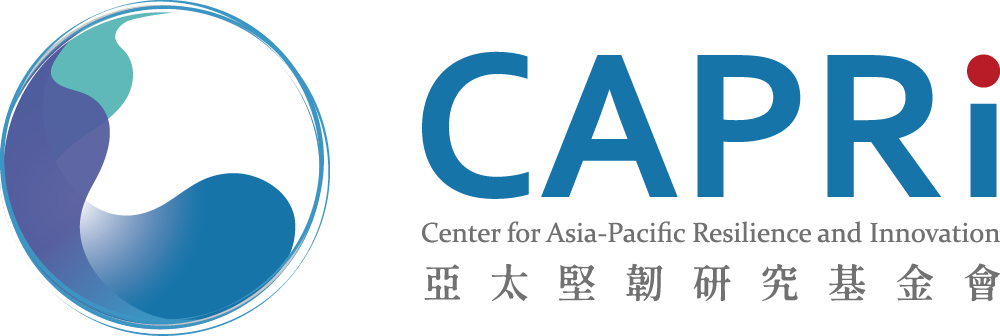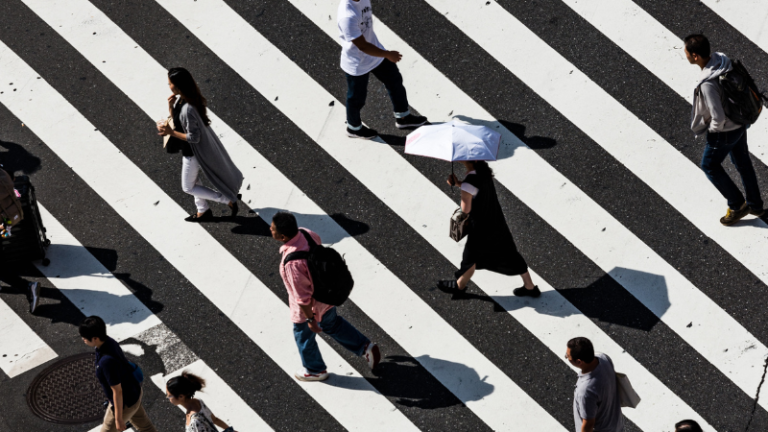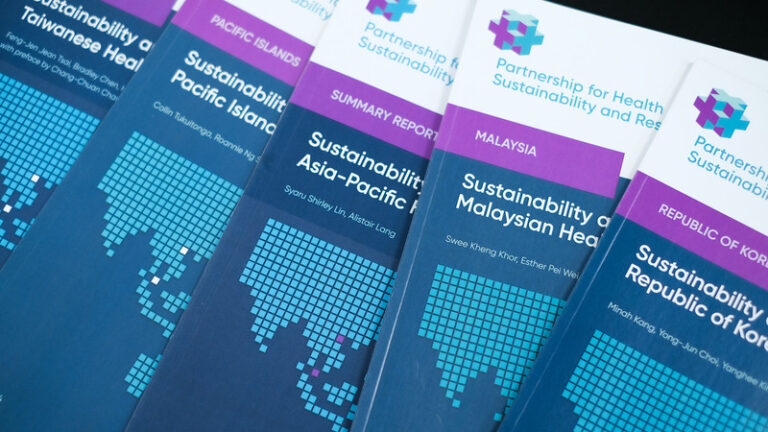Read the policy paper at Taiwan Research Hub, University of Nottingham
As Donald Trump starts his second term as President of the United States, the accompanying uncertainty over his foreign policy has turned the global spotlight on Taiwan, branded as one of the world’s most dangerous flashpoints and a global economic powerhouse in semiconductor manufacturing. As Washington continues to view its Asia-Pacific partners through the lens of its strategic competition with China and as Beijing continues advancing its own economic and geopolitical agenda, Taiwan is entering an era of global fragmentation and geopolitical tension that will last longer than the next four years of Trump’s presidency.
Against the background of US-China economic, geopolitical, and technological competition, Taiwan is facing highly contested economic and societal challenges. Taiwanese society is thus debating how to enhance the security, sustainability, and livelihoods of its people and how to allocate public finances to achieve those goals. How Taiwanese policymakers approach these challenges will affect not only Taiwan’s ability to respond to unpredictable foreign policy for the next four years but also its ability to remain resilient in the coming decades.
Watch authors’ interview with Taiwan News:





